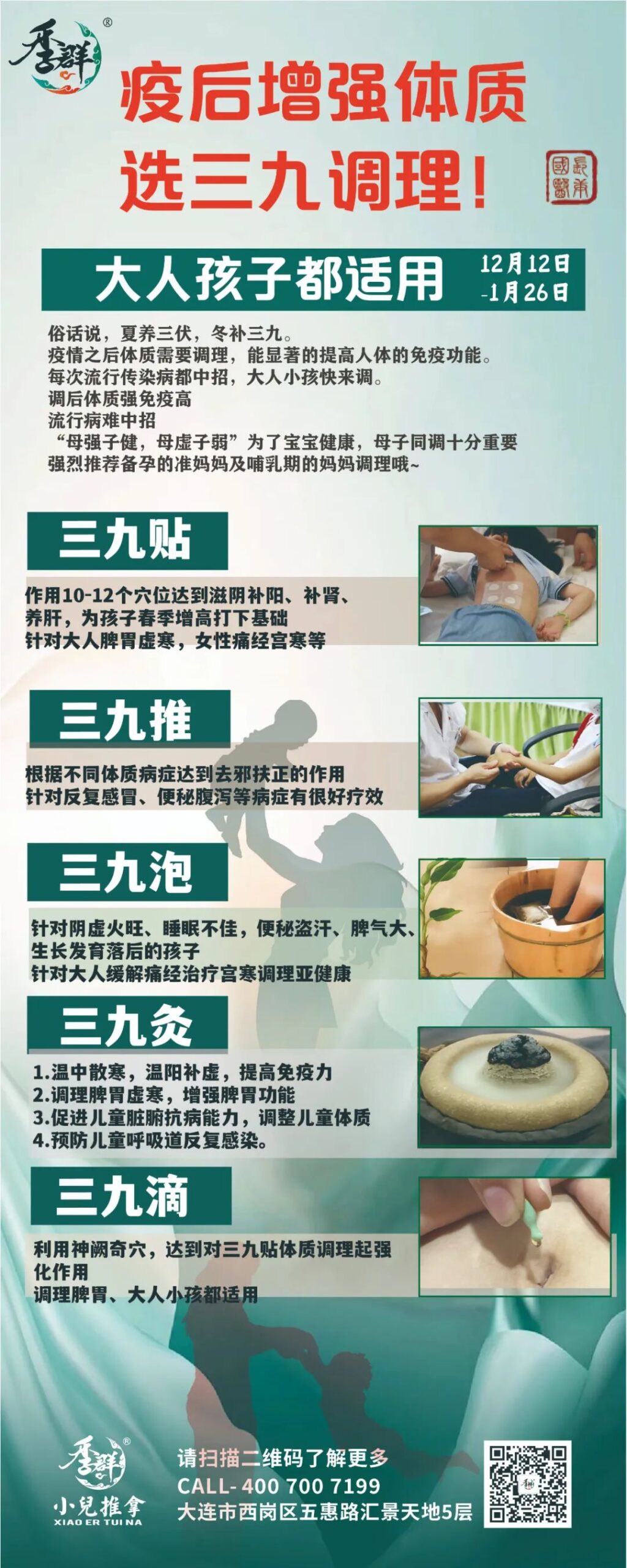Mother and child regulation refers to the simultaneous nurturing of both mother and child, where the mother and baby undergo constitution adjustment together.
During the ten months of pregnancy, childbirth, and breastfeeding, the baby is influenced by the mother’s constitution, diet, emotions, and other related factors, leading to corresponding reactions or symptoms. Therefore, for the health of the baby and the harmony of the mother-child relationship, mutual regulation is very important.
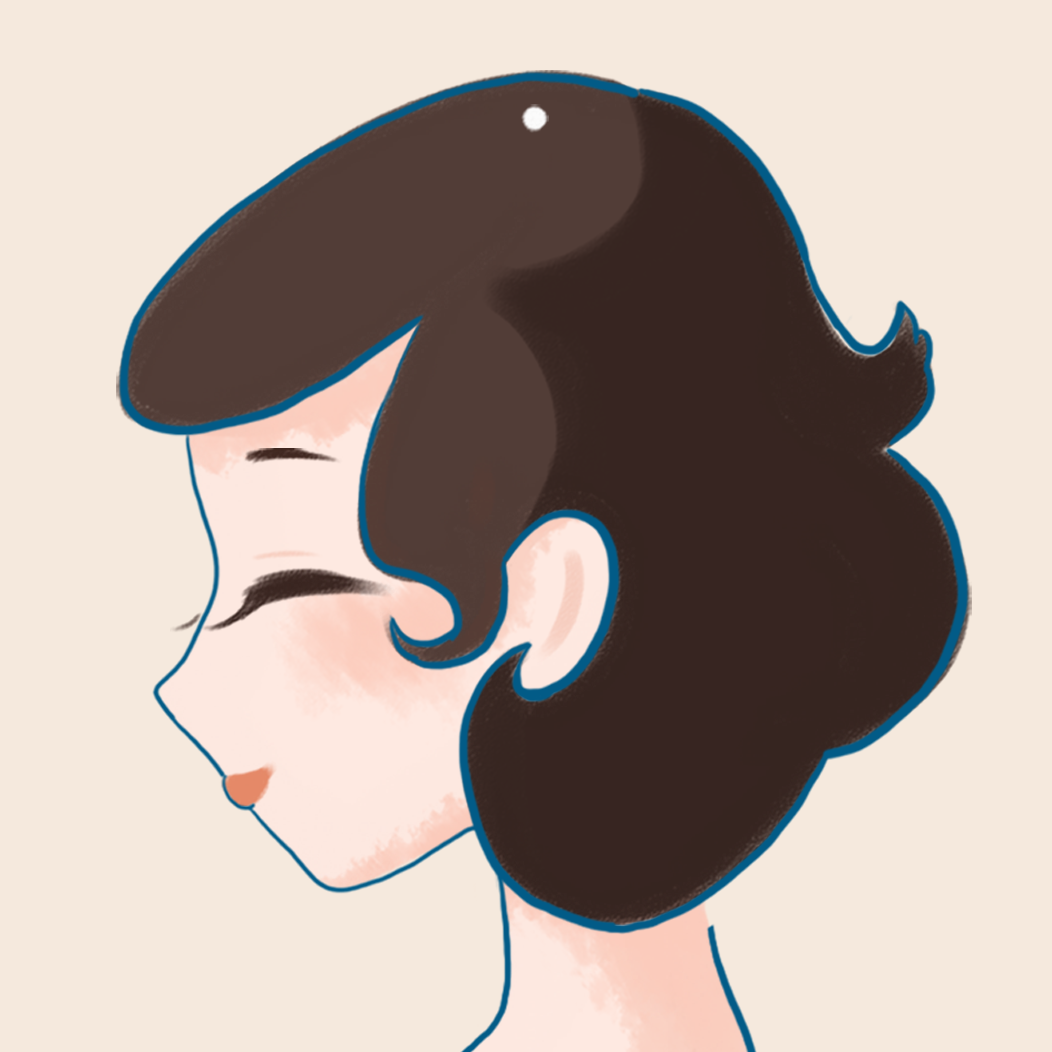
Mother’s Nurturing
After childbirth, the mother often experiences physical weakness and deficiency of Qi and blood, along with open pores and weakened immunity, making her susceptible to wind, cold, and dampness invading her body, resulting in a heavier condition of cold and dampness.
At this time, the quality of the mother’s milk may be lower, and the milk may be cooler. Additionally, the transformation of Qi and blood into milk may be insufficient, leading to a lack of nutrition in the milk.
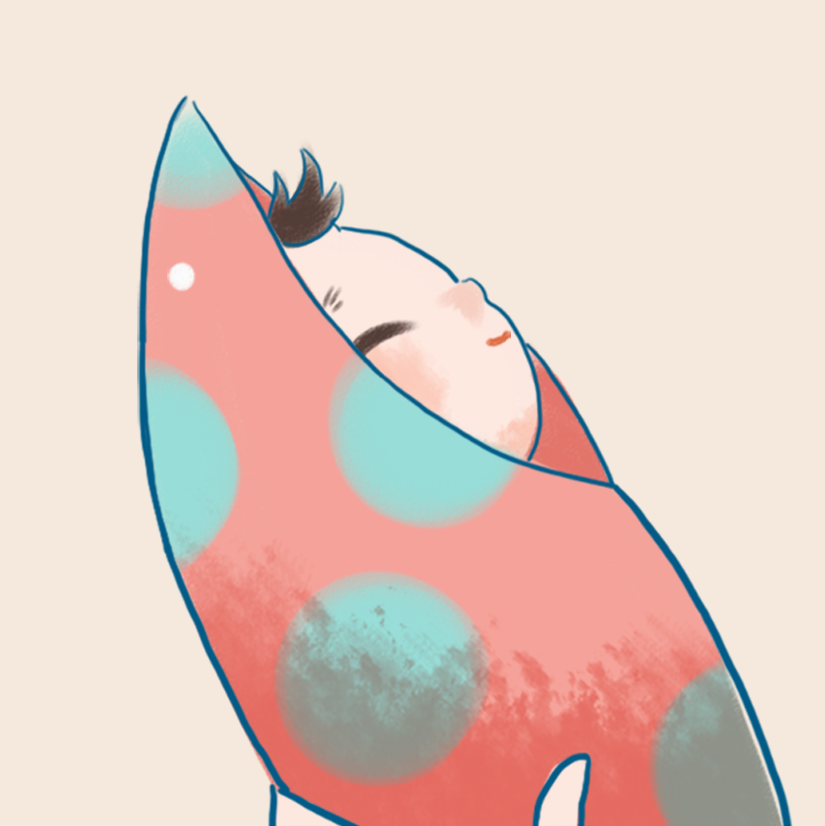
Baby’s Nurturing
If the mother does not undergo proper nurturing after childbirth, it may negatively impact the baby in the following ways:
1. Affects the Baby’s Appearance
If the mother’s body fails to metabolize toxins, residual heat toxins may remain in her body, leading to the baby being prone to eczema. Eczema can recur frequently, causing the baby to scratch, resulting in pigmentation or scratches, thus damaging the skin and affecting external beauty.
2. Affects the Baby’s Health
① If the mother does not expel wind, cold, and dampness postpartum, the quality of the milk may be low in nutrition, or there may be insufficient milk, which can lead to a decrease in the baby’s immunity, making them susceptible to colds, coughs, and frequent illnesses. Children with poor immunity have a weak ability to resist diseases, making them more vulnerable to bacterial and viral invasions. Some children may frequently catch colds or suffer from continuous minor illnesses, severely affecting their quality of life;
② If the mother’s body fails to metabolize toxins, residual heat toxins may also be transmitted through breastfeeding, making the baby prone to eczema and, as they grow older, potentially developing allergic asthma or allergic rhinitis, severely impacting the child’s health.
3. Affects the Baby’s Growth and Development
If the mother has a weak spleen and stomach, and insufficient Qi and blood, it may lead to gastrointestinal issues in the baby, poor digestion and absorption, and delays in height, weight, and gross motor development. The baby may be picky with food, short in stature, have sparse and yellow hair, delayed speech, and delayed walking, putting the child at a disadvantage from the start.

Body Constitution
Health

1
Concept
Body constitution is a relatively stable inherent characteristic formed during an individual’s life process, based on innate endowment and acquired factors, encompassing morphological structure, physiological function, and psychological state. It is influenced by various factors such as age, gender, natural environment, and social environment.
2
Classification of Body Constitution
|
Qi Deficiency Constitution |
Yang Deficiency Constitution |
Yin Deficiency Constitution |
|
Phlegm-Damp Constitution |
Damp-Heat Constitution |
Blood Stasis Constitution |
|
Qi Stagnation Constitution |
Special Constitution |
Balanced Constitution |

Health
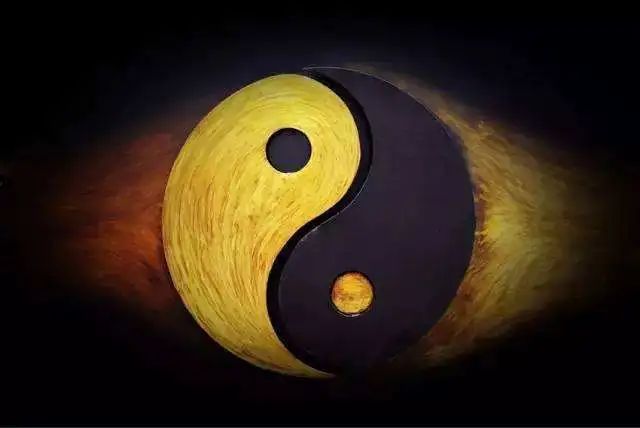

Postpartum, mothers often present with a body environment characterized by “blood loss and fluid damage,” and their vital energy may be compromised. There may be internal blood stasis and multiple deficiencies.
Since the baby needs to obtain nutrition through breast milk after birth, this stage is considered a phase of mutual constitution between mother and child. Therefore, the mother’s constitution is equivalent to the baby’s constitution.

Mutual Regulation of Mother and Child Constitution
Health

Traditional Chinese Medicine (TCM) believes that body constitution is formed innately but is also closely related to postnatal nurturing. Postpartum care can replenish Qi and blood, open meridians, enhance metabolism, and prevent common postpartum diseases.
The seasonal pediatric massage combines TCM diagnostic and nurturing concepts for infant feeding, utilizing natural seasonal changes to adjust the mother’s postpartum constitution, thereby achieving healthy feeding.
Spleen
Stomach
Regulation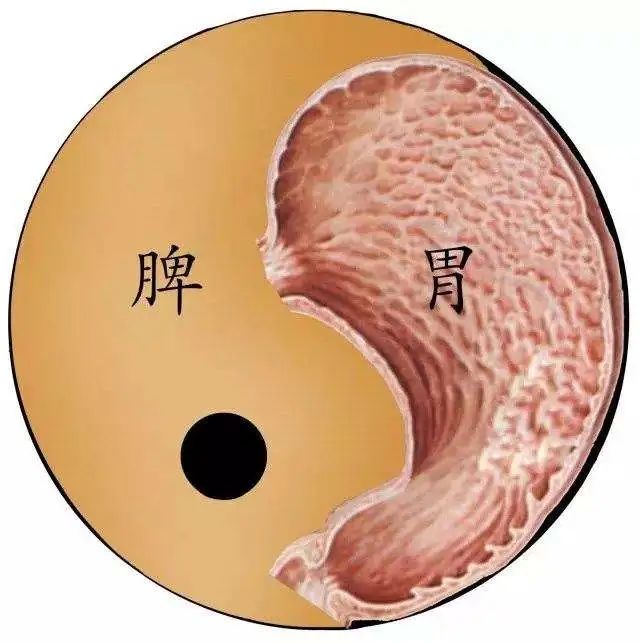
The spleen governs transportation and transformation, is the “foundation of postnatal life,” and is the source of Qi and blood production. The spleen and stomach are the source of milk production.
Qi
Blood
Raising Yang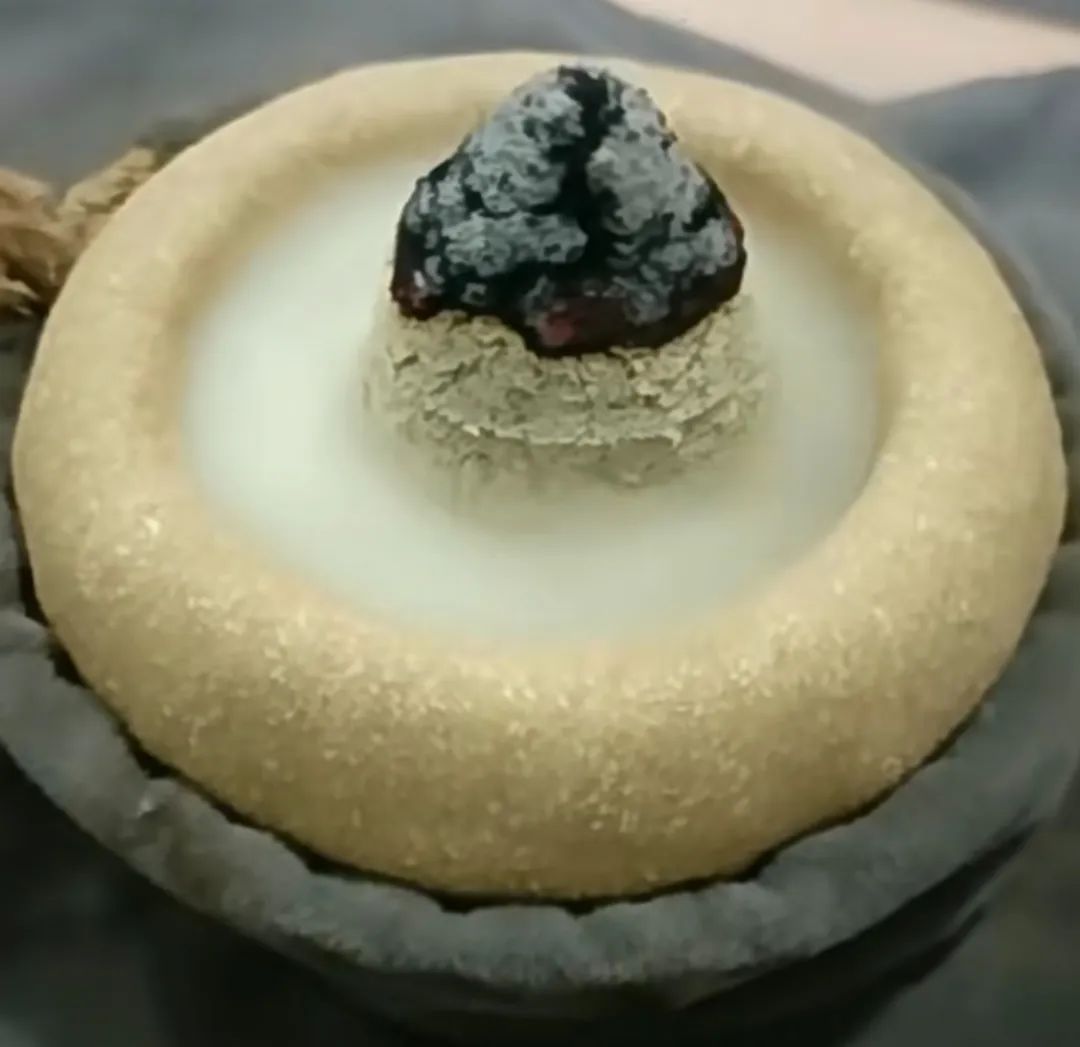
Insufficient Qi and blood should first be treated by replenishing Qi; when Qi is sufficient, blood will naturally be generated. Qi is formless and represents energy; blood is tangible. Tangible blood is generated by formless energy, and the greater the energy, the greater the production.
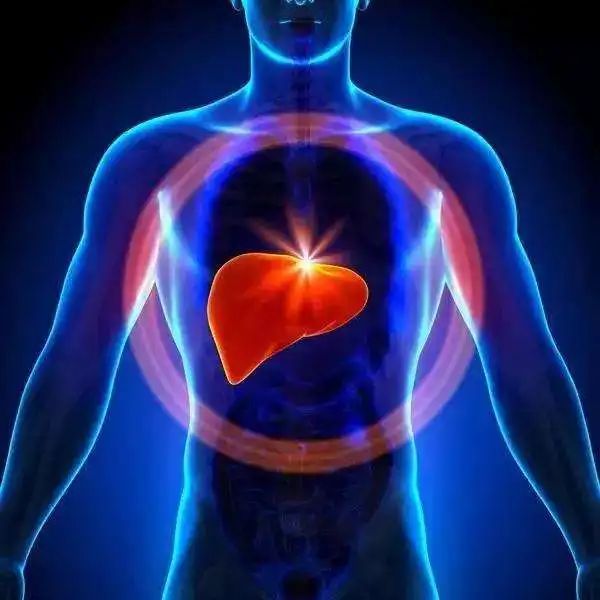
The liver governs the smooth flow of Qi and controls the blood sea, and the physiological functions of the uterus and pregnancy rely on blood.
Body constitution varies from person to person, and actual regulation methods must be individualized based on diagnosis.
Targeted treatment is essential.
